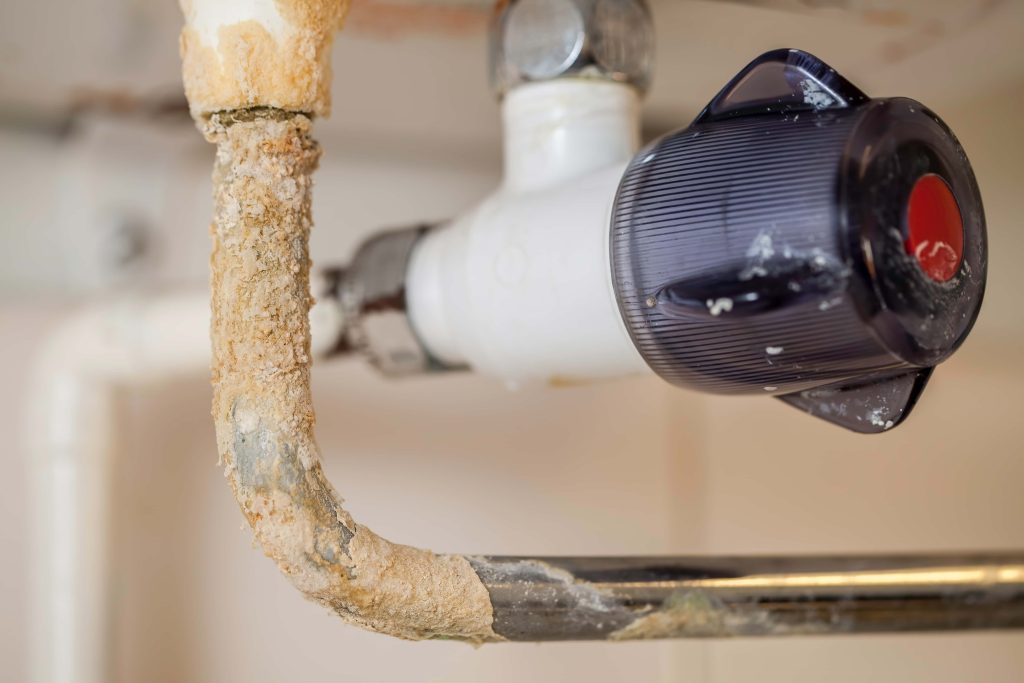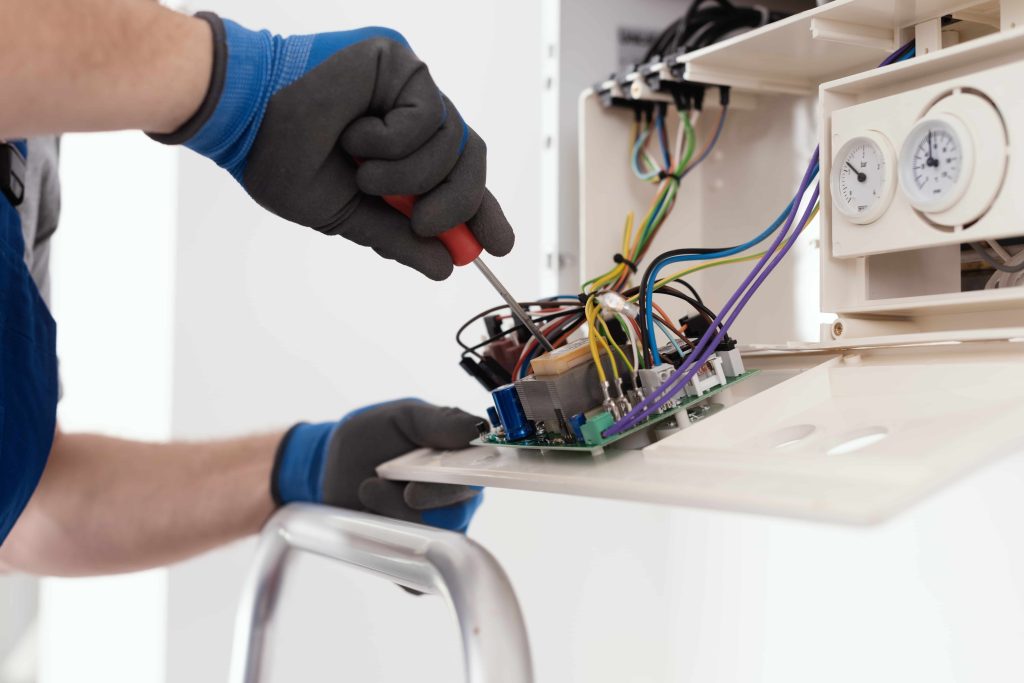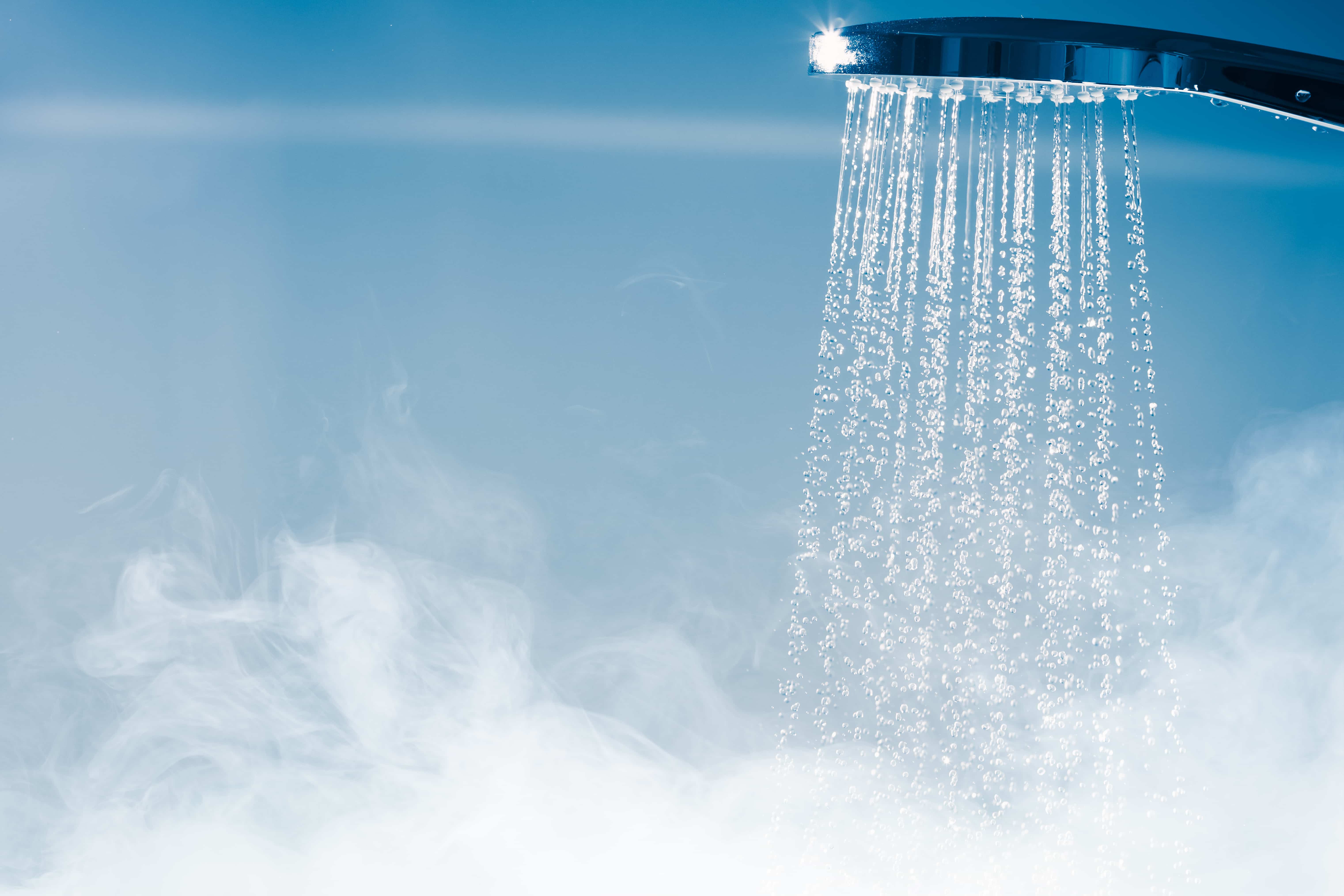
What the boiler heat exchanger is and how to clean it
The heat exchanger is a very important component of the boiler and plays a crucial role in the production of heat and hot water. Its proper functioning is therefore essential, and it is important to know what to do in case of problems.
What happens when the boiler heat exchanger fails?
The heat exchanger is essential for both the boiler's heating circuit and the domestic hot water circuit. When it does not work correctly, the hot water is not brought up to temperature and therefore is not heated. The radiators remain cold and the dream of a nice hot shower disappears.
Both circuits are indeed connected to the heat exchanger. There are two types of heat exchangers:
- primary heat exchanger (connected to the heating);
- secondary heat exchanger (connected to the domestic hot water).
There are also boilers equipped with mono-thermal and bi-thermal heat exchangers.
- In a mono-thermal system, the heating and domestic hot water circuits are separated, and each has its own specific heat exchanger.
- In a bi-thermal system, as in condensing boilers, the circuits are separated but share the same heat exchanger.
The heat exchanger is the component that transmits heat from the boiler. Here, the exchange between cold water and hot water takes place: cold water is heated to enable the heating system to function. If it operates correctly, it significantly reduces the need for boiler combustion, lowering costs and ensuring efficiency.
Specifically, the primary heat exchanger is a water container in contact with the burner, where combustion ensures the water is heated. The same principle applies to the secondary heat exchanger, which exchanges thermal energy with water from the water supply to produce domestic hot water.
It should also be noted that some boilers have plate heat exchangers. These are systems equipped with four ports for the entry and exit of the heating fluid and hot water.
When should you replace the boiler heat exchanger?
Regardless of the type, heat exchange occurs through contact, and this process exposes the heat exchanger to limescale buildup and its corrosive action, which is why boiler maintenance is crucial.
The health and efficiency of the heat exchanger are primarily affected by limescale deposits. Hard water, rich in substances that generate limescale, increases the likelihood of accumulation inside the heat exchanger. Given its characteristics, the heat exchanger is always in contact with water, making the need for thorough cleaning obvious.
The trained eye of a specialised technician can tell when it is time to replace the heater. Boilers should be inspected every 2 years, unless the manufacturer specifies more stringent requirements. With this schedule, you avoid the risk of having a worn-out heat exchanger that is close to breaking, with all the consequent benefits.
How to know if the heat exchanger is broken?
The sign of a problem with the heat exchanger, such as a breakdown, is indicated by water leakage from the boiler, a mishap that can, however, be linked to various causes. For this reason, the supervision of a technician allows immediate identification of the reason behind the leakage.
Cleaning the heat exchanger is essential to ensure its longevity. The procedure should be carried out with the appropriate equipment to remove scale and impurities. For example, among the most effective tools for its cleaning are chemical washes. A descaling liquid is used to circulate within the system, thereby cleaning both the heat exchanger and the system simultaneously.
At the same time, during the disassembly and reassembly operations of the heat exchanger, it is very important not to bend the fins that distinguish this component in order not to compromise its integrity and functionality.
How much does a boiler heat exchanger cost?
The heat exchanger, along with the electronic control unit, is among the most expensive components. Consequently, the price for a replacement could rise to a few hundred pounds, considering it represents the "heart" of our heat generator.
Underestimating and ignoring signs of its malfunction can lead, over time, to a boiler lockout, with all the inconveniences that entail. On the contrary, periodic maintenance is the answer to unpleasant - and costly - complications.
Other posts
Prodotti in questo articolo
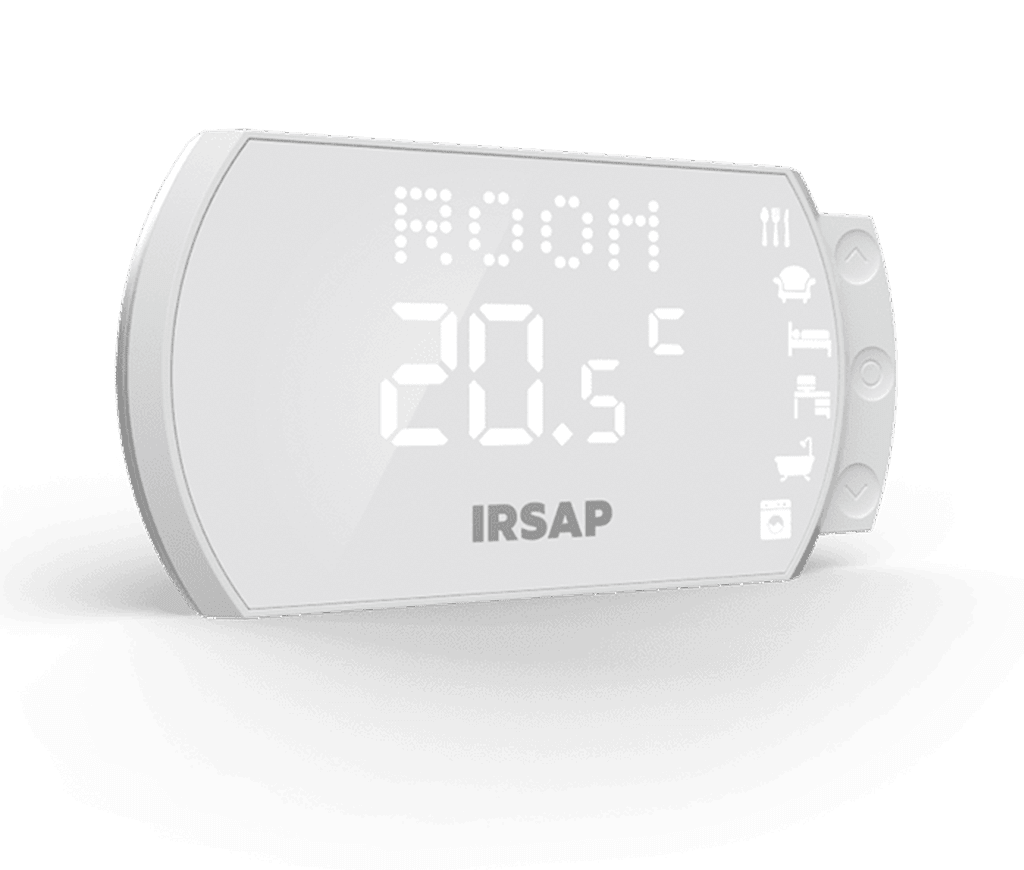
Smart Thermostat
Sostituisci il termostato tradizionale con il nostro Smart Thermostat dalle funzionalità evolute per controllare con maggiore precisione la qualità dell’aria e la temperatura degli ambienti di casa.
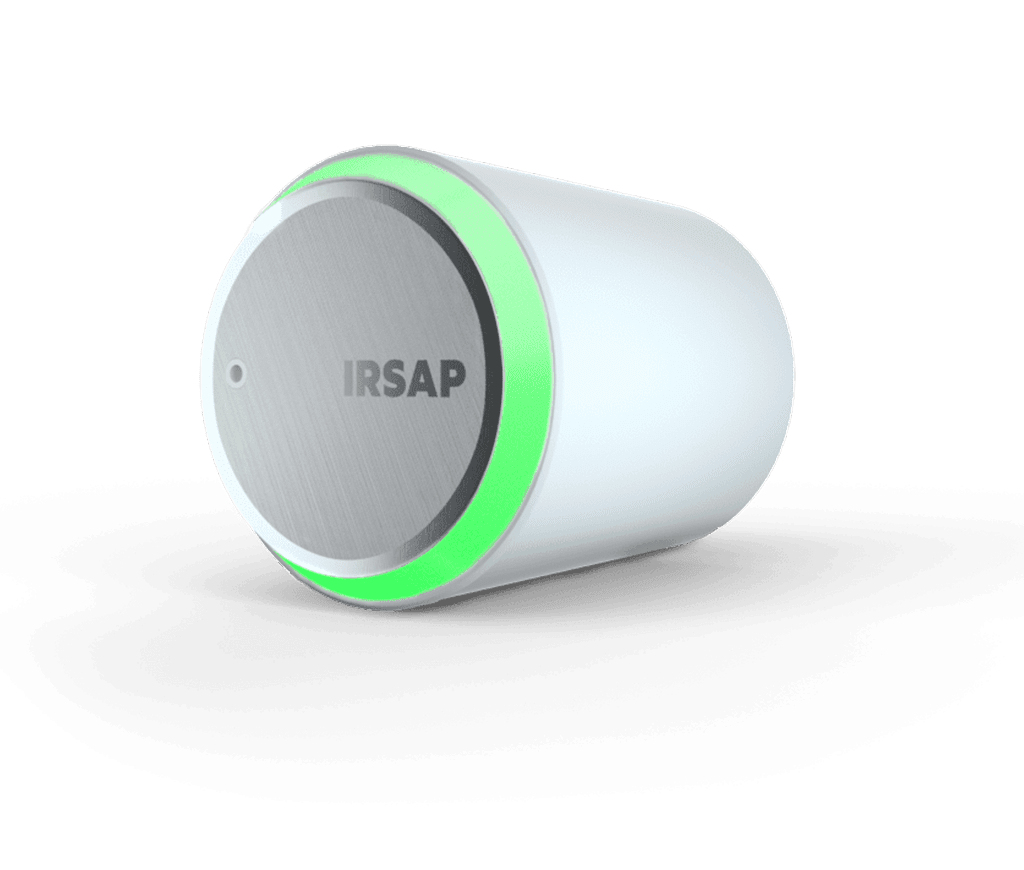
Smart Valve
Controlla la temperatura di ogni singola stanza senza l'esecuzione di opere murarie o elettriche. Le nostre Smart Valve sono compatibili con tutti i marchi di radiatori e i principali produttori di valvole idrauliche.
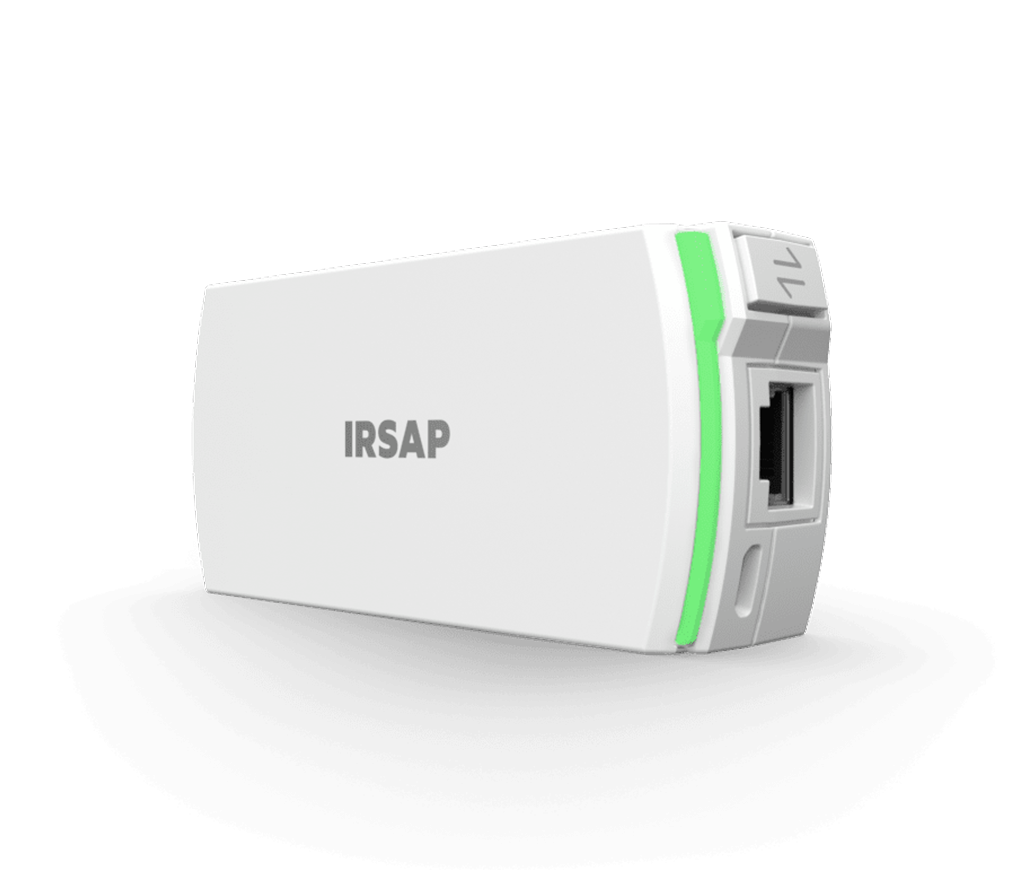
Connection Unit & Repeater
La Connection Unit va collegata al router di casa ed è indispensabile per controllare tutti gli altri dispositivi del sistema dove e quando vuoi direttamente dal tuo smartphone tramite App.







